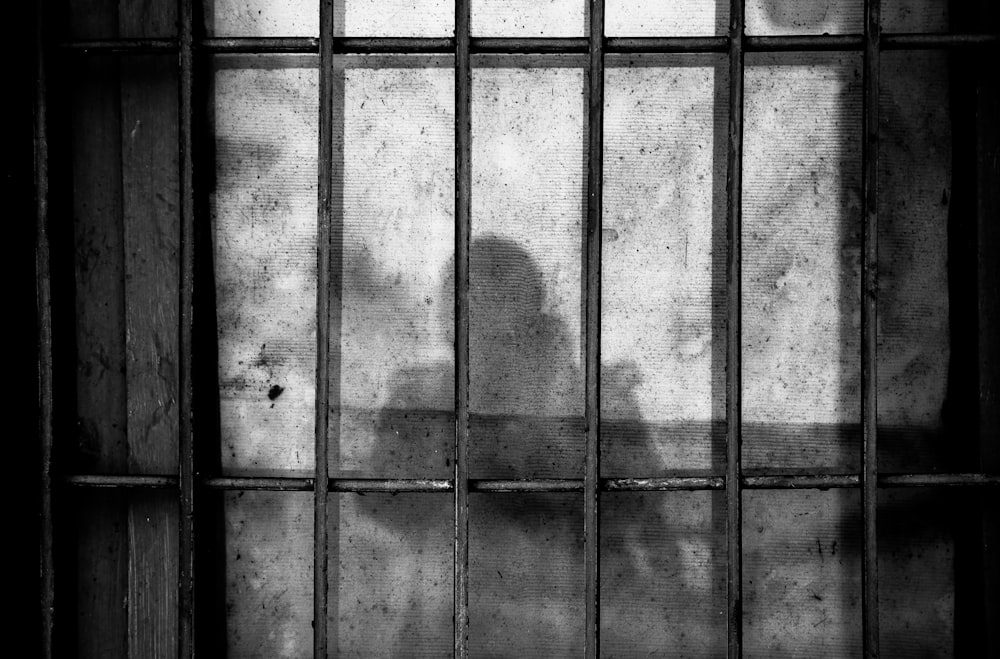Like most experiences in prison, I can only speak about what I’ve personally seen, not how things are across the board. So please, take what I say with a grain of salt. With that said, considering the way I know things are going on the outside when it comes to transgender rights, none of what I’ve seen on the inside when it comes to the treatment of transgender inmates, sadly, surprises me one bit.
Since I’ve been at this camp, there have been, to my knowledge, two transgender inmates in my block. I say to my knowledge simply because they’re the only two who have been open about being transgender—I wouldn’t blame anyone for keeping it to themselves in this toxic environment.
In North Carolina, jails may not follow Prison Rape Elimination Act (PREA) guidelines. PREA does apply to local confinement facilities but is not enforceable against them unless a facility is pursuing national accreditation through an organization that receives federal funds or is housing federal inmates.
Related: How Penpal Relationships Are a Lifeline for Those in Prison
PREA requires that all inmates be assessed during intake or upon transfer to another facility for their risk of being sexually abused by other inmates or being sexually abusive toward other inmates. During this assessment, the facility must consider whether the inmate is or is perceived to be “gay, lesbian, bisexual, transgender, intersex (a person whose sexual or reproductive anatomy or chromosomal pattern does not seem to fit typical definitions of male or female), or gender nonconforming . . .”
Transgender people are initially assigned to prison based on the gender assigned to them at birth, not necessarily considering gender-affirming surgeries, hormone therapy, or the inmate’s lived experience—often even after the initial processing ordeal. Those items are supposed to be considered during processing and while meeting with a committee within the prison to judge whether the inmate will be safe in certain facilities.
However, in the case of Ashlee Inscoe, despite having lived as a woman on the outside and even previously being housed in a women’s prison in another state, when she was sentenced to prison in North Carolina, it was to a men’s prison. Ms. Inscoe was born intersex, and even with testimony from two outside physicians relating to her gender—and medical documentation concerning treatment that would be life-saving for her—the NC Prison system refused to transfer her to a women’s prison.
They also agreed to surgery, then rescinded it on at least two occasions, stating it was elective and unnecessary. She was finally granted permission and allowed to undergo surgery late last fall after a long fight. However, she is still housed in a men’s prison.
So far, Kanautica Zayre-Brown is the only transgender inmate in NC who has been granted a transfer to a women’s prison.
The two transgender inmates I’ve been housed with in the last 18 months haven’t made headlines. Nor does it seem their safety is of much concern for the correctional officers responsible for looking after them. While I am not at all a proponent of the use of AdSeg (solitary confinement), I do understand there may be times it’s beneficial to an inmate.
But let’s be honest, having these two women housed with men is just dangerous. There is potential for assault no matter what your gender, but in this case, I'd imagine it to be even more than usual. While it would be nice to think we live in a world where people can accept and understand others, clearly, we do not. Even in the outside world, transgender people are not treated with respect in many cases. Nor are they safe.
Ignorance is bad enough. I’ve often heard them referred to by their dead name, the wrong gender, and called disparaging names for gay men—and it hasn’t always been by other inmates. Sexual and physical assault occurs and it’s swept under the rug and even worse, blamed on the victims.
From the inside, there isn’t a lot people like me can do other than stand up to other inmates when they’re seen mistreating others. But even with that, care must be taken as being an ally can cause more issues than it resolves. Standing up to COs is a no-go on so many levels. Change has to start on the outside, and thanks to organizations like the ACLU and Emancipate NC, it’s started. Now we just have to keep it going.
Research by Demeter V Delune
This post originally appeared on Medium and is republished with author's permission. Damian Delune is currently incarcerated. His wife, Demeter, publishes his work. He doesn’t have access to the internet or computers within the prison. If you would like to help keep him in contact with those he loves, you can do so here or here.
More From LEVEL:
